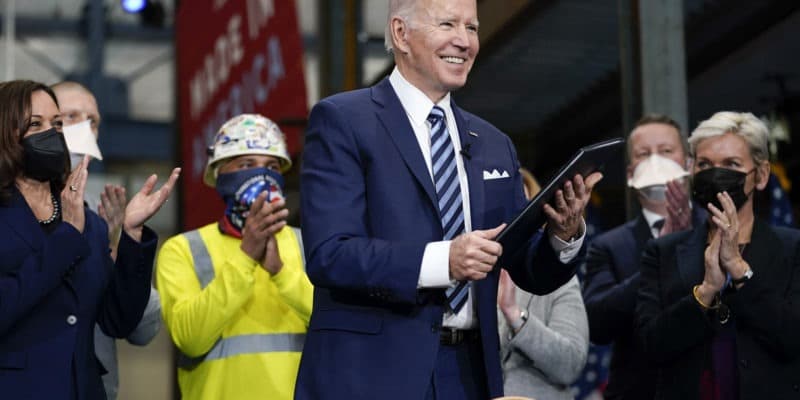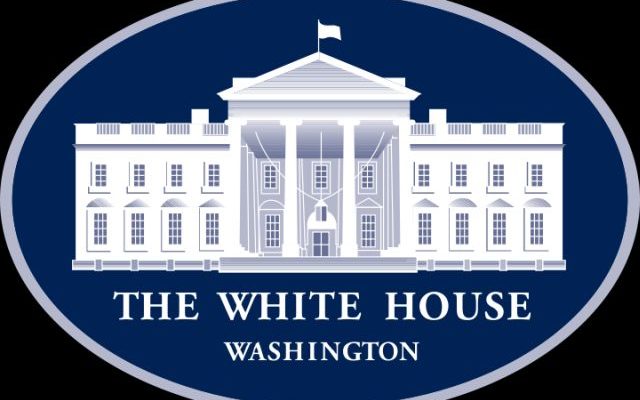BY PETER MCGUIRE | STAFF WRITER
February 6
The state Department of Labor returned about $470,000 in unpaid wages to Maine workers in 2021, almost double the amount in 2019. Now it is naming violators online.
Since Gov. Janet Mills took office three years ago, the Maine Department of Labor has escalated its pursuit of illegal workplace practices including wage theft, child labor and false record keeping, a significant departure from past practices at the agency.
The number of inspectors at the department’s Wage and Hour Division has doubled. The amount of unpaid wages recovered for workers has skyrocketed. In an unprecedented move, two employers have been shut down permanently for wage theft. And now, the department will regularly publish business names and violation details in an online database.
Collectively, the changes reflect a shift in the department’s effort to find and resolve a serious offense against some of Maine’s most economically vulnerable workers. But labor advocates say a lot more could still be done.
“It is just a matter of trying to make the best use of limited resources to protect workers from abuses, and protect law-abiding employers from unfair competition that comes with employment law violations,” said Michael Roland, director of the state Bureau of Labor Standards. “We just felt we could be more effective given the resources we have.”
In 2018, there were just four inspectors working at the bureau. As of this year, it has nine inspectors and an assistant attorney general specifically tasked with pursuing wage and hour cases.



